Preparing to be on a panel
If you’ve been invited to speak on a panel, congratulations. If you are a woman or someone from another under-represented group thank you for saying yes to the invitation. I spend a lot of time working with people who identify as women who are wrestling with challenges around inclusion, confidence and equality. #upfront has been alive for 3 years now and many clients and individuals who’re preparing to be on a panel—from CEO’s to students—are all asking the same questions. Yet when you ask google how best to prepare, most of the advice is focused on what clothes you decide to wear (I can see a pattern emerging here). Here are ten things to think about before appearing on a panel.
It’s important to note that I think panels are a flawed and outdated model of learning. Primarily, because the communication flow is one way. Also, too few moderators are skilled in curation and facilitation which can make a panel a painful experience for panellists and audience members alike. However, they ain’t going anywhere soon so here goes:
If there are no people on the panel who aren’t straight white middle class men, explain that you will only appear on the panel if this changes. Point the host to lists of domain experts of women and people from under-represented communities.
Don't be afraid to take pen & paper on stage with you to make notes as you go through - it doesn't look strange and it will help you feel more confident.
Have light case studies and anecdotes ready to share. Tell stories that give the audience a really clear picture of the value you add and the type of work you do. You want them to walk away thinking, “I’d pay (your name) to help me with (the thing you’re great at)” or “I’d talk to (your name) if I’m ever working on (the thing you’re great at)”
It’s important to respond to subjects you don’t know lots about whilst maintaining your credibility. This is more important than ever in a climate of political chaos and the ongoing fight for equal rights, but it can be intimidating! When I’m asked about something that feels significant but sensitive I might say something like "There are people gaining PhDs in intersectional feminism, that's not a subject I'm an expert in, but I do have expertise in ___ “ or “people I go to for insights on this particular topic are…”
Share the panel topic on social media and crowdsource questions or advice beforehand. This is brilliant for three reasons. Firstly, it’s an excuse to engage with the world on a subject you care about. Secondly, it will improve your content as you’re likely to learn new things. Thirdly, telling the audience you did this shows you prepared in advance and gives your input even more credibility.
If you don’t know the answer that’s ok. No, really it is. Read everything by Brene Browne if you’re not convinced. You can say you don’t know, throw the question to another panel member, share an insight linked to the original question or point them to somebody who does know whom they can follow online and learn from later. The more we all do this the more it will become culturally acceptable for adults to admit they don’t know something.
Give the audience a way to keep in touch with you and encourage them to continue the conversation with you. Make this easy for them by giving them one specific question or topic you’d like to continue to talk about.
The audience looks to you for cues on how to feel and how you respond. If you are relaxed and light-hearted they will be too.
Acknowledge your privilege.
Last but not least, you deserve to be there.
Join our tribe and help us change confidence here.
